When & Where
ICBMS4 is happening Friday 2 August – Sunday 4 August 2024 at UNISERV CMU on Nimmanhaemin Road.
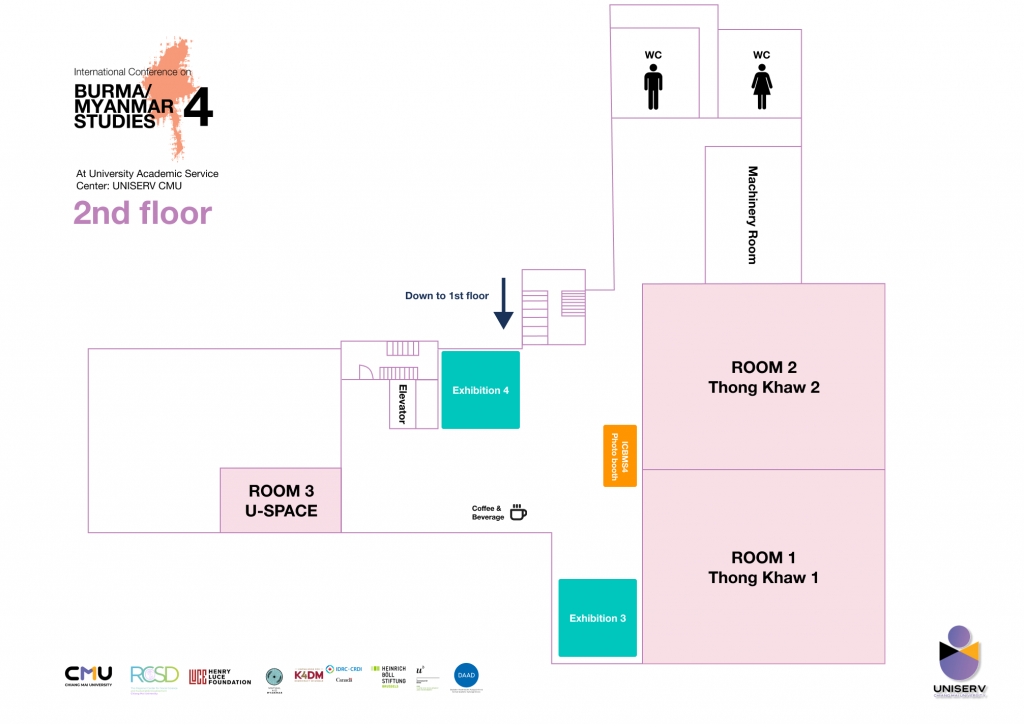
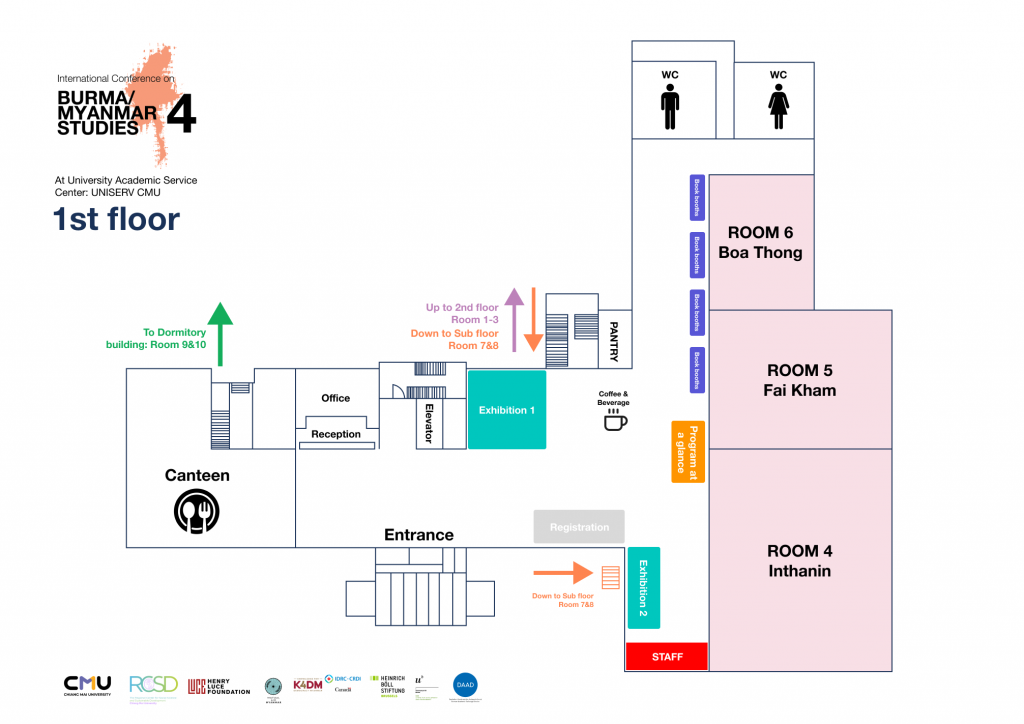
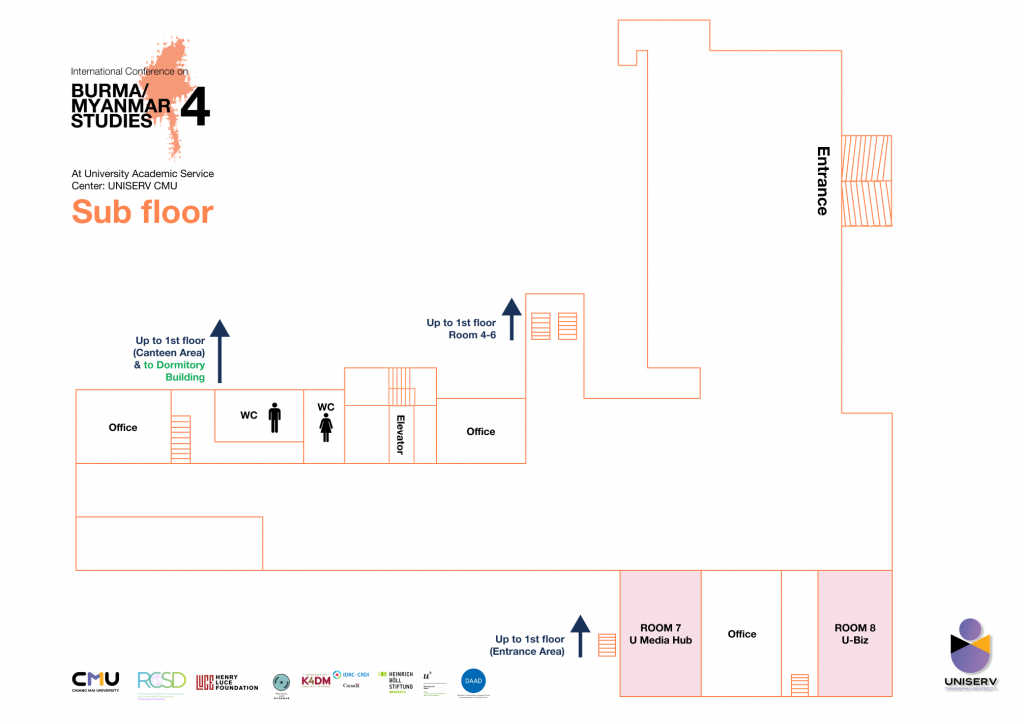
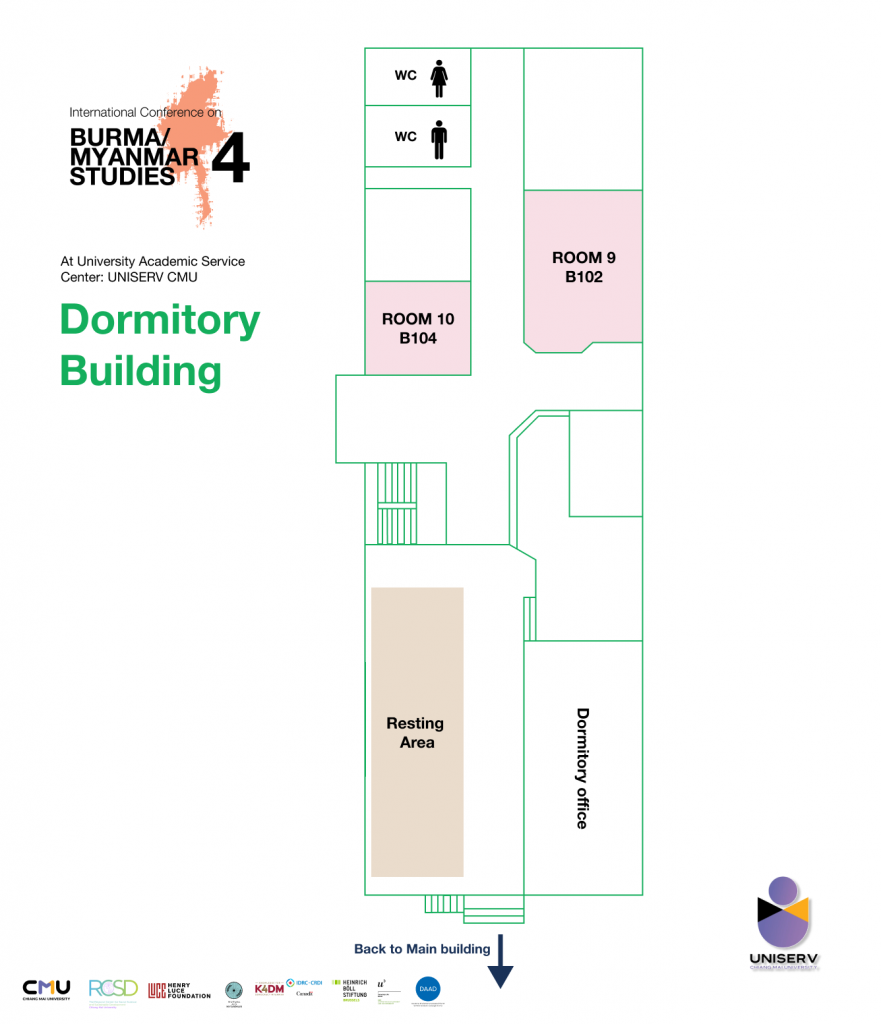
What, How and Why
Three years after the coup and amid desperate circumstances, the people of Myanmar have responded with renewed thought and action to reimagine the present and future for themselves and their communities. Traditional forms of authority, including the central state, are being eroded and displaced by multiple different modes of governance often rooted in localized ambitions and realities.
“Assemblages” refers not to a vague appeal to ‘put Myanmar back together’, but instead highlights an approach focused on the complex and fluid social, economic and political realities emergent in contested spaces. The conference title grapples with new “entangled ways of life”, and the “mosaic of temporal rhythms and spatial arcs” (Tsing, 2015) of Myanmar in 2024. It asks scholars to situate their work within this contested reality, and ask critical questions about the emergent future. In particular, we refer to the complex and diverse constructions of Myanmar’s social reality, whereby many aspects of culture, power and life have been transformed after the coup, yet others remain stubbornly intact – for better or worse. In simple terms, in this state of flux, how do different actors in different contexts, imagine, construct and challenge different social, economic and political arrangements?
ICBMS4 in Chiang Mai seeks to foster academic debate and dialogue that progresses the understanding of what is happening in Myanmar. We invite individual abstracts as well as panel proposals, roundtable proposals from interested academics, researchers, graduate students, and professionals, as well as practitioners engaged in the field of Burma/Myanmar studies. While we welcome submissions on any aspect relating to the study of Burma/Myanmar, we particularly encourage scholars to consider how their work speaks to this contested present and future, as highlighted through suggested themes:
Conference Themes
Negotiating New Realities: Power, Practice, and Praxis
- Emergent Governance and Civilian Protection
- Multipolarity in a Contested Region
- Resilience and Localisation in Service Provision: Education, Healthcare, and Religion
- Energy, Infrastructure and Sustainable Development
- Identity, Territory, and Belonging amidst Conflict and Climate Change
Ethnicity and Territoriality
- Border Politics & Transnationalism
- Migration, Forced Displacement and Refugees
- Livelihoods, Agriculture and Food Systems
- Uncovering Lived Experiences and Marginalised Narratives
Nascent, Marginal and Informal Economies
- Inequality and Empowerment
- Gender, Sexuality and Power
- Civil Disobedience, Social Movements and Everyday Life
- Remaking Knowledge and Finding Truth in Revolution
Discourses of Peace, Conflict, and Justice
- Propaganda, Media and Information Landscapes
- Arts, Literature and Popular Culture
- Research Ethics, Decolonization and Methodological Challenges
ICBMS History

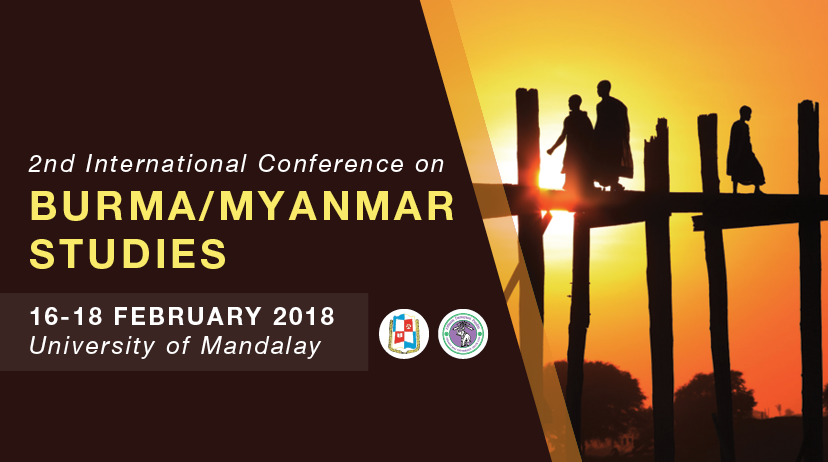
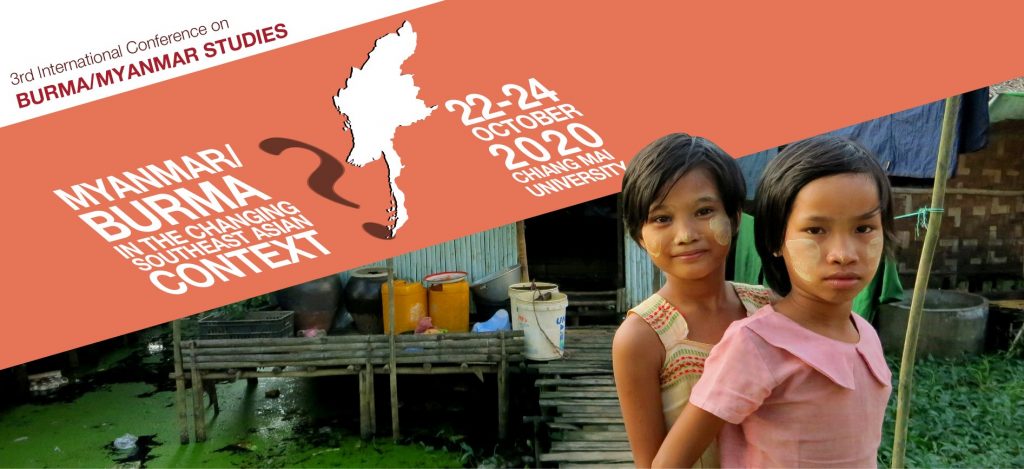
In July 2015, Chiang Mai University hosted the first International Conference on Burma / Myanmar Studies (ICBMS) under the theme “Burma/Myanmar in Transition: Connectivity, Changes and Challenges.”
The second ICBMS was held in 2018 at Mandalay University, co-hosted with Chiang Mai University, and brought together 543 participants from 29 countries, with 48 paper presentation sessions and 7 roundtables.
ICBMS 3, the largest ICBMS to date was delayed due to covid and finally held as a hybrid event in March 2021. Over 1000 participants joined from across the globe under the title of “Myanmar / Burma in the Changing South East Asia Context.”